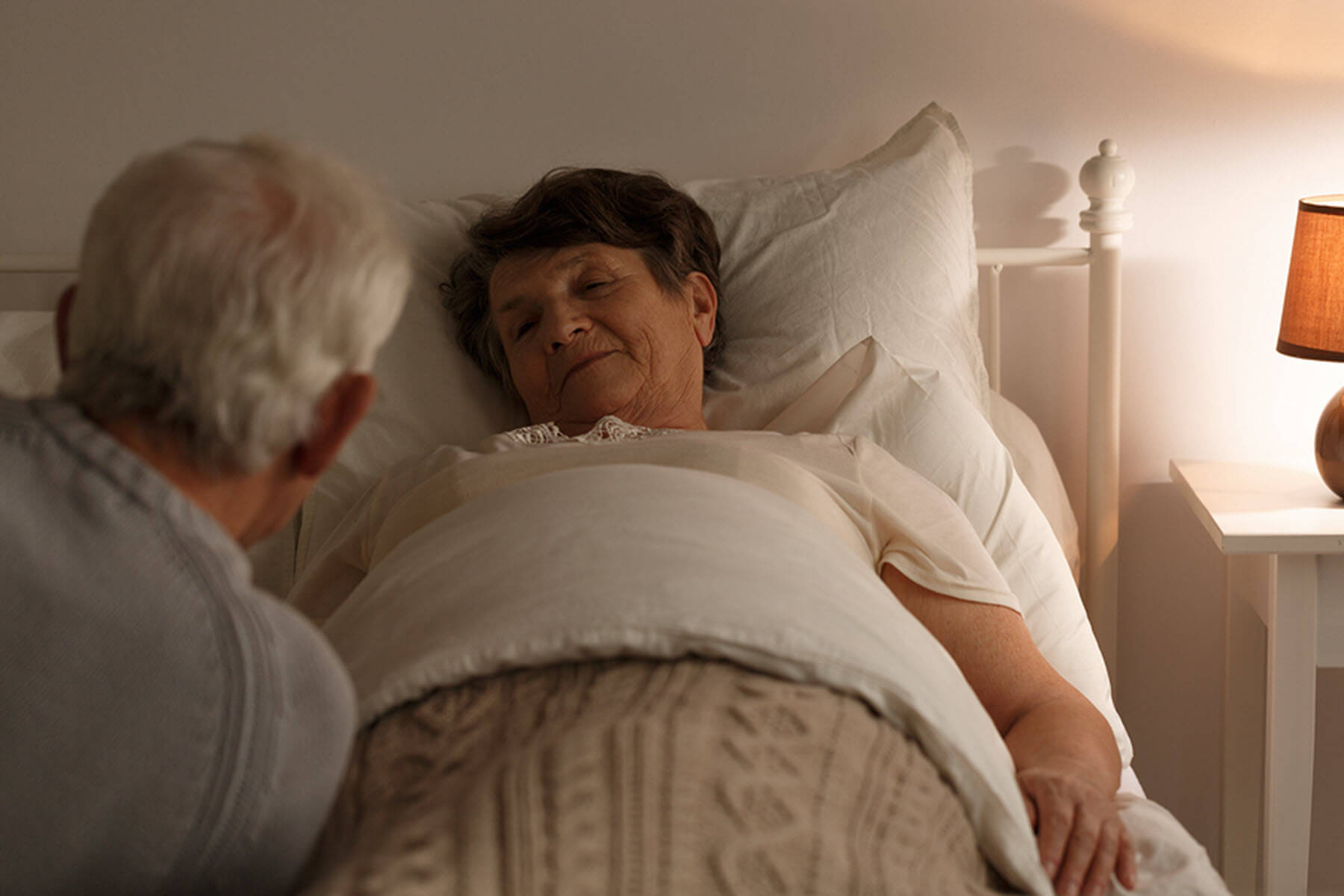Three Ways to Help Your Senior Deal with Pain if She Can’t Tell You She Hurts
If your elderly family member has experienced cognitive changes or can’t speak for other reasons, that doesn’t mean that she no longer experiences pain or other issues. What it does mean is that it’s much more difficult for you to determine what she might need, especially in terms of pain management.

Home Care in Gulf Shores AL: Help Seniors Deal with Pain
Get Familiar with Visual Cues that Indicate Pain
Even if your elderly family member can’t communicate to you that she’s in pain, almost everyone exhibits some sort of visual cue that indicates pain. If you don’t already know your senior’s visual indications or they’ve changed over time, you might want to start paying much closer attention. Some of the signs to watch for could include:
- Grimacing or unusual facial expressions
- Restlessness
- Irritability
- Labored breathing
- Lack of appetite
- Rubbing or holding a hurt part of the body
- Non-verbal vocalizations, like moaning or whimpering
There may be others, depending on how your senior experiences and expresses pain. If your elderly family member takes medication to manage her pain, you may start to see these signs as the pain medication wears off, for instance.
You Can Still Ask
Even if your elderly family member isn’t able to verbalize to you that she’s experiencing pain, she may still be able to give you some valuable information. Try asking her outright if she’s in pain. You may also ask her to give you a specific sign if the answer is yes, like squeezing your hand or blinking twice. If your elderly family member is able, another idea might be to use a printed copy of a pain scale to help determine how much pain she’s in. You can ask her to point to the level that shows how much pain she’s feeling right then.
Get Help from Her Doctor
Your senior’s doctor can be a huge help to both of you as you navigate these waters. Her doctor can help you to understand exactly what kinds of pain your senior is likely experiencing based on her specific health issues. There may be other therapies that can help with pain control, especially if your elderly family member doesn’t tolerate the medication well or it’s not working well for her.
The feeling that you might be missing something can be strong, especially when you’re fairly certain your senior is experiencing pain more often than you realize. Bringing in-home care providers can help immensely. They’ve got experience spotting subtle indications of pain and can help you to feel more on top of the situation.
If you or someone you know needs Home Care in Gulf Shores, AL, please contact the friendly caregivers at Hughes Home Care. We provide quality and affordable care for your elderly loved ones in our community. Call Us Today 251-517-9901. Serving Mobile & Baldwin County.
- Is it Possible for Seniors to Eat 30 Plants a Week? - March 25, 2025
- Healthy Aging: Why Remaining Active Matters - March 7, 2025
- Five Tips to Keep Kidneys Healthy - February 19, 2025
